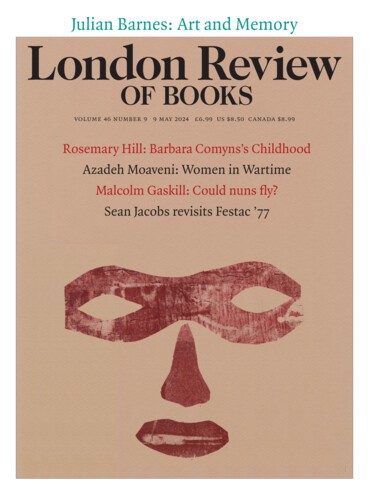If We Say Yes
Amia Srinivasan
An open letter is an unloved thing. Written by committee and in haste, it is a monument to compromise: a minimal statement to which all signatories can agree, or – worse – a maximal statement that no signatory fully believes. Some academics have a general policy against signing them. I discovered that was true of some of my Oxford colleagues last year, when I drafted and...


